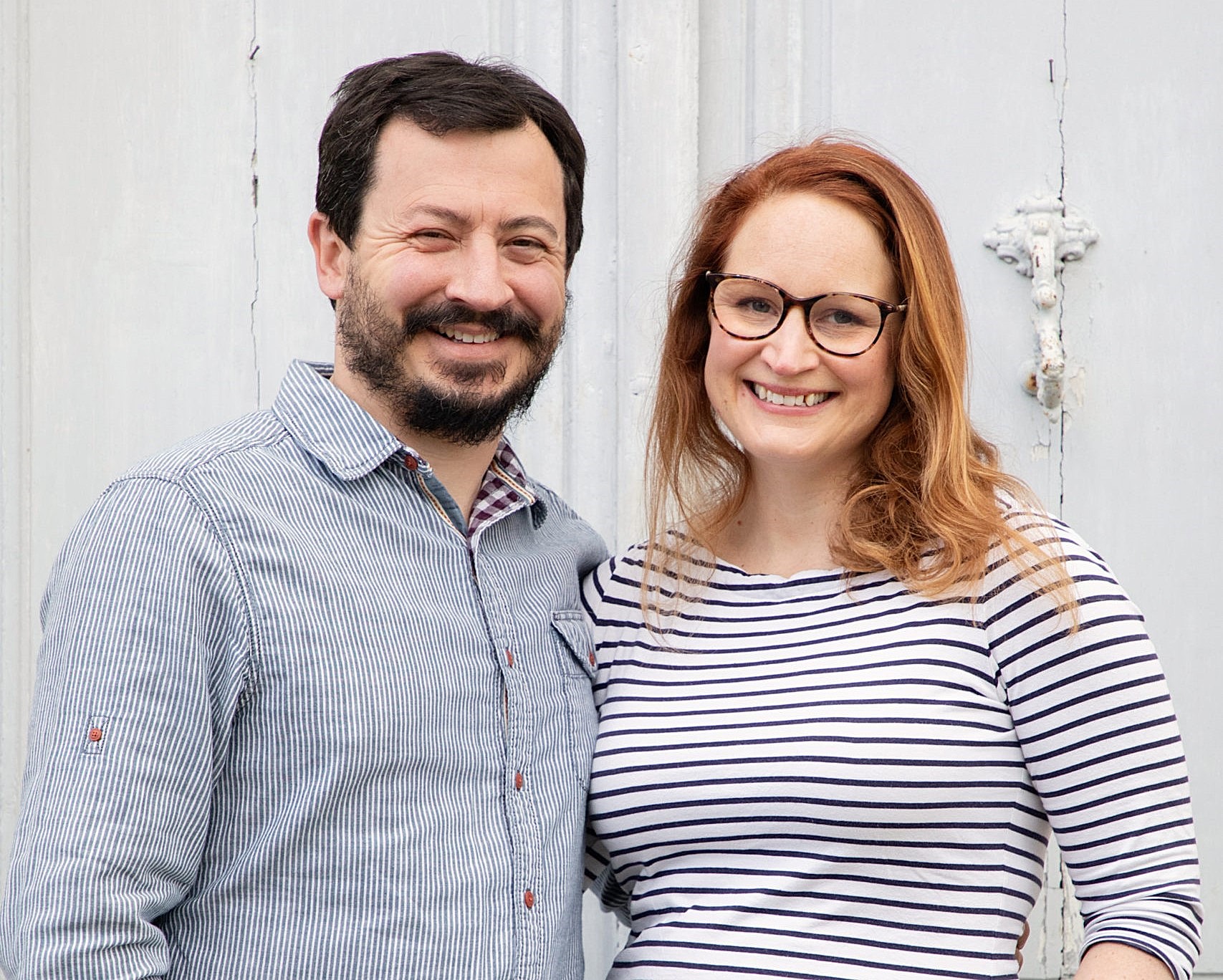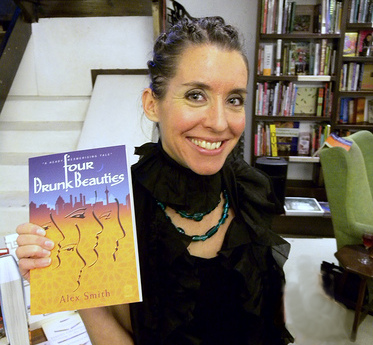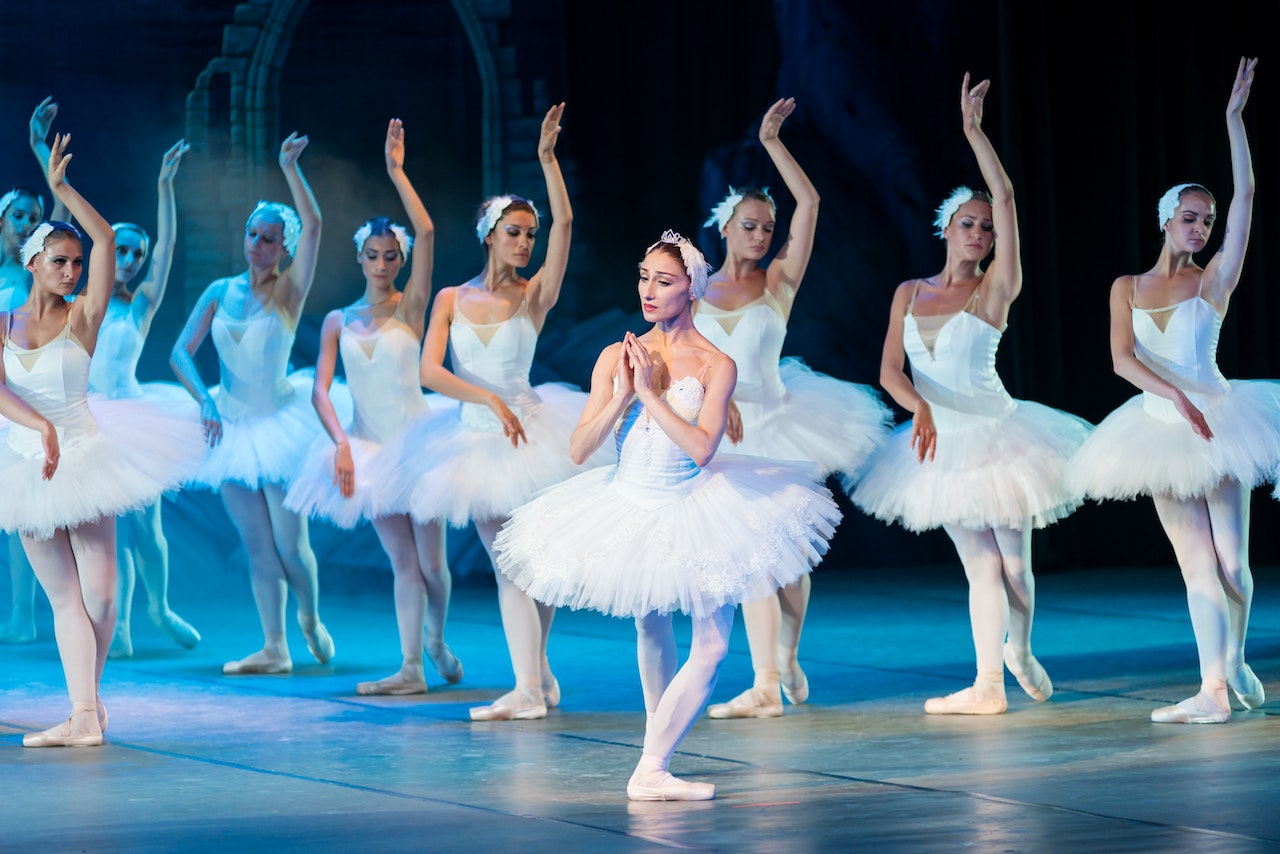Never before have ordinary citizens contributed so much to gathering and showcasing news. Is this a good thing? And how does it impact traditional journalism? SUBHASIS ROY investigates.
Citizen journalism relies on the contributions of citizens for the process of gathering, analysing and disseminating news and information. The Cambridge English Dictionary defines Citizen journalism as ‘the activity of recording or writing about news stories when this is done by ordinary people rather than by trained reporters’.
Abraham Zapruder recorded the assassination of John F. Kennedy on 22 November 1963 with his home movie camera. His footage has become a classic and has been aired frequently on television channels throughout the world. This was long before the technological boom that erupted in the late 90s.
Social Media and Citizen Journalism
The emergence of social media technologies, high-speed internet and smartphones with powerful cameras are democratising media. Today, someone will undoubtedly share a video or photo on social media pages when any major event takes place. People are sharing the news of these events on Twitter or on their Facebook pages or YouTube channels. They also like, share and comment on it.
The war in Ukraine provides a stark example of this. Directly affected people provide this content much faster than any media outlet could ever reach them. There are many such examples of this around the world. Whether it is the war in Syria, Libya or Yemen, the Arab Spring revolutions, the Manchester bombing or the demonstrations for Black Lives Matter, we see citizens at the forefront of reporting through social media.
Roadmap for Traditional Journalism
So, is traditional journalism doomed to extinction now? We must remember that the responsibility of a journalist is to provide accurate, unbiased and well-informed information. Traditional journalism needs to be responsible and accountable. But such boundaries do not exist for citizen journalism.
The result is that a lot of the content on social media is biased and provides a personal perspective on a topic. A citizen journalist can portray a glass as half-full or half-empty based on his or her point of view. In the age of the ubiquitous reach of social media, this can negatively impact society.
Noam Chomsky, the celebrated American linguist, philosopher, historian and social critic said, ‘The duty of journalists is to tell the truth. Journalism means you go back to the actual facts, you look at the documents, you discover what the record is, and you report it that way.’
Traditional journalists must validate a news item appearing on social media. Separating the wheat from the chaff is one of their critical responsibilities. Journalists present a well-balanced news item covering all the perspectives of the story rather than a one-dimensioned view.

The Strengths of Traditional Journalists
Professional journalists have enormous social reach. Their social media pages have huge followers. They can help spread the voice of a citizen journalist to thousands of people all over the world.
While citizen journalists report on a single event, traditional journalists can offer a broader perspective. They can visualise a train of events. They can join the dots with their analyses and access data about other events.
Therefore, we can see that citizen journalism offers speed and reach that complements traditional journalism. But the role of conventional journalism still remains as an authoritative source of accurate information and a balanced perspective. Echoing the words of acclaimed journalist Christiane Amanpour, ‘good journalism, good television, can make our world a better place’.
About the Author

Subhasis Roy is an experienced technology professional, having spent more than 25 years in leading corporates all over the world. He has started his journey as a blogger and author to express himself. His greatest strengths are his analytical intellect and ability to explain complicated topics easily. He loves to write about technology, the environment, social issues, personal growth and productivity.
PhotoCredit: Amaury Laporte https://www.flickr.com/photos/alaporte/51908768478/in/album-72177720297008767/
License: Creative Commons Attribution 2.0













